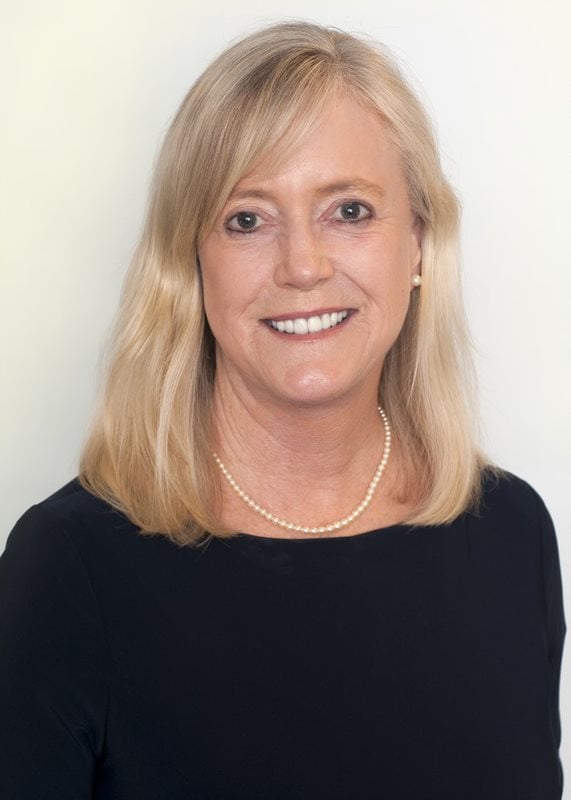
Kathryn A. Martin, MD
Outstanding Educator Award
Kathryn A. Martin, MD, is an assistant professor of medicine at Harvard Medical School, and has been a faculty member and practicing clinician in the Reproductive Endocrine Unit at Massachusetts General Hospital in Boston, Mass., since 1989.
In addition to her clinical practice, Martin has an active teaching role and is involved in the training and supervision of junior faculty members and endocrine fellows. An internationally recognized authority in women’s health, Martin has contributed significantly to the field’s current status as a data-driven medical science and has contributed to several Endocrine Society Clinical Practice Guidelines and Scientific Statements on women’s health.
How has the Endocrine Society supported your professional development/career journey?
The Endocrine Society, my professional home since my endocrinology training, has supported me since my early career with growth and development opportunities as a clinician, educator, and leader. In addition, my personal life has been enriched by meeting new colleagues, interacting with the wonderful Endo staff, and developing lifelong friendships. My Endo teaching opportunities have included presentations at annual Endo meetings (MTPs, Symposia), lectures and workshops for CEU, and Endocrine Board Review presentations. I have been a member of committees and task forces, with leadership opportunities as Chair of the Special Programs Committee, Clinical Guidelines Subcommittee, the Nominating Committee, and Task Force of the “Evaluation and Management of the Premenopausal Woman with Hirsutism” guideline (2008, 2018). I am currently serving on both the Endocrine Board Review Committee and the Board of Directors (2020-2023).
As a Laureate Award recipient, do you have any advice for those just beginning their careers?
- There are many career paths to choose from. Find one that best fits you intellectually and personally. What makes you most enjoy being a physician and/or scientist? Work hard at your chosen path and develop an area of expertise.
- For women: Find a mentor (and role models) who will help you navigate the many challenges of being a female physician, provide constructive feedback, actively support your career development, and celebrate your successes. Gender equity in medicine does not yet exist. Speak up and speak out if you or a colleague experience sexual harassment or discrimination.
- Strive to maintain balance in your life. Prioritize your family and take time for yourself.
- Celebrate your own successes, both professional and personal. For those doing clinical medicine, try to remain committed to the humanitarian principles of the practice of medicine. This can be very difficult in our current system driven by metrics, documentation, and billing. Speak out on behalf of improving the system.
- Join the Endocrine Society. It will be your professional home for your entire career, offering additional opportunities and benefits outside your academic and/or clinical position.

